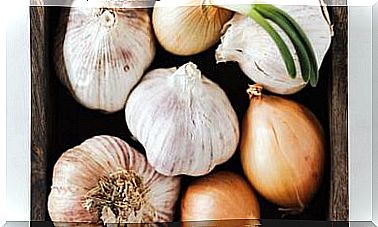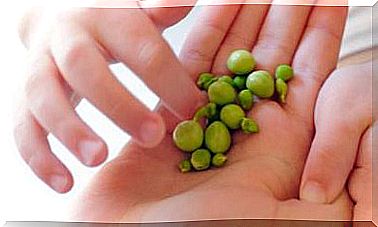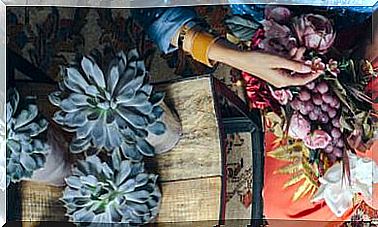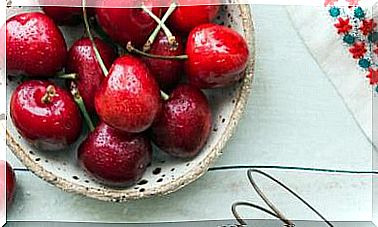We Have The Right To Healthy And Clean Food
The BioCultura Fair invites Hilal Elver, UN rapporteur, to raise awareness of world food problems and promote eco-agriculture.
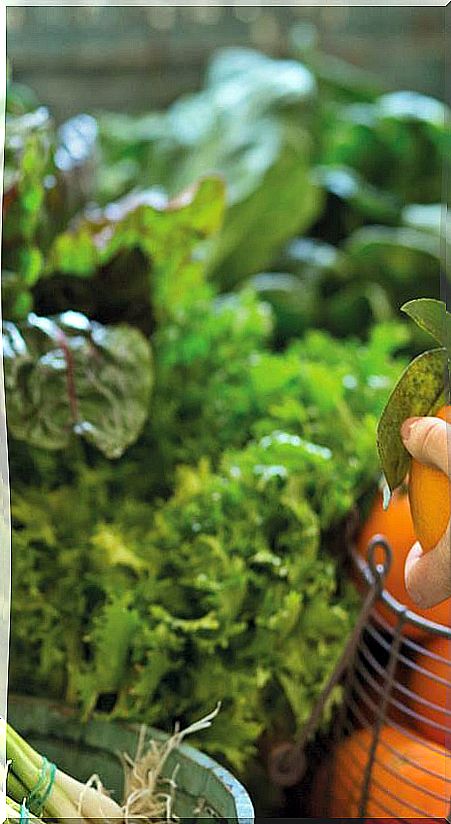
Organic farming is not a thing for hippies or the privileged. It is a necessity, a survival strategy for humanity. That is why the BioCultura fair in its Madrid edition, which is held between tomorrow and Sunday, has wanted to take a step forward in favor of agroecology by inviting Hilal Elver, special rapporteur for food and human rights of the Organization of The United Nations. Because food is a right that is in danger.
The journalist Carlos de Prada, in charge of organizing the conference around the issue at BioCultura, tells us that “we can leave agriculture in the hands of multinational companies that sell pesticides and GMOs, or we can give it back to farmers.” The conference will be attended by Luis Planas, Minister of Agriculture, Fisheries and Food, who will speak in the debate after the Elver conference.
Organic farming is the only future
Hilal Elver, Doctor of Law from the University of Ankara, researcher and professor at the University of California at Santa Barbara, has been a Special Rapporteur for the United Nations Organization for the Right to Food since 2014. As such, its goal is to fulfill the mandate of the UN Human Rights Council: that all people have access to adequate food.
He recently published a very forceful report on how the chemical industry is distorting world agriculture and causing huge health problems. The situation affects the human right to food itself. Elver defends home gardens and small and medium producers.
It can feed the entire world population
It is not true that multinationals are going to increase production and make food cheaper. Not only will they not end hunger, but the industrialization of agriculture worsens the economic situation, health and the state of the environment in many places.
In reality, it is organic farming that can feed the entire world population. Both Hilal Elver, as his predecessor Olivier de Schutter, or the current director general of FAO, José Graziano da Silva, assure that it is absolutely necessary to support agroecology if we want to feed the almost 10 billion people who will live on the planet in the year 2050.
More advantages than disadvantages
And so say the studies of the FAO and the United Nations Environment Program. A review of 115 studies conducted at the University of Berkeley concluded that the differences in productivity between conventional and organic farming are small and in some cases nonexistent.
As if that were not enough, organic foods are more nutritious because they contain more vitamins and minerals, as the studies of María Dolores Raigón, from the Polytechnic University of Valencia, have shown, among others.
Ecological agriculture not only does not deplete soils, it regenerates them; Furthermore, it does not kill pollinating insects, it does not reduce biodiversity, it does not pollute water, nor is it a risk to people’s health, as is the case with agriculture based on pesticides.
Carlos de Prada: “There is an agricultural drug addiction”
“It is necessary to turn the situation around,” warns De Prada. “The European authorities recognize that there is a dependence on pesticides – I would call it ‘agricultural drug addiction’ – and that it is necessary to reduce their use, but these good intentions are very little due to pressure from the industrial lobby”, argues De Prada .
European directives already indicate that an integrated pest management system should be applied in which chemistry is the last option. Before, it would be necessary to apply measures such as crop rotation and diversity, biological control … But instead of all this , pesticides are applied as a first option and even preventively.
Less and less biodiversity
The industrialized agriculture model is a threat for several reasons. One of them is that it is reducing the diversity of crop species, thereby reducing the possibilities of successfully adapting to the crisis situations that climate change will cause.
Let us remember what happened in Ireland in the 19th century: they entrusted their diet to a variety of potato and when a plague struck they suffered a tremendous famine. 85% of the varieties of crop plants that were used in the 20th century in the world have already disappeared. In India there were about 30,000 varieties of rice and today 12 varieties cover 70% of the cultivated land.
“The model of industrial agriculture dominated by multinationals is a threat to the future of world food,” concludes De Prada.
Substances harmful to health
The WHO has made estimates of deaths due to pesticides. At least 220,000 deaths a year are caused by acute poisoning. In addition, there are about 3 million known victims of acute poisoning, of varying severity, but could be up to 25 million because many affected do not report it to health centers.
To all of them we must add the effects of the low doses to which we are all exposed through residues in food and in the air we breathe. They produce hormonal imbalances, cancer, neurological effects, asthma, infertility …
What can be done?
Carlos de Prada, like the environmental organizations, proposes that the government propose incentives for the growth of organic farming, as well as a plan with specific objectives and schedules to reduce the use of pesticides and a tax for those who use them. “Whoever pollutes pays and who doesn’t get paid”, he sums up. In addition, the consumption of organic food in schools and hospitals could be promoted.
While the legal measures do not arrive, Carlos de Prada recommends that we already consume organic products, especially before pregnancy, gestation and lactation.
PROGRAM OF THE CONFERENCE “AGROECOLOGY, THE FOOD OF THE FUTURE”
11:00 h. Round table with Ángeles Parra (president of the Asociación Vida Sana and director of BioCultura), Carlos de Prada (journalist specialized in environmental information), Dolores Raigón (researcher and president of the Spanish Society of Ecological Agriculture SEAE) and Arturo Angulo (deputy coordinator of FAO in Spain.
11:45 h. Keynote lecture by Hilal Elver, UN Special Rapporteur for the Right to Food.
12:45 h. Closing table with Ángeles Parra, José Amador Fernández (General Director of Sustainability and Environmental Control of the Madrid City Council) and Luis Planas (Minister of Agriculture, Fisheries and Food).
Thursday, November 1 at BioCultura. Feria de Madrid – IFEMA (Halls 8 and 10)



